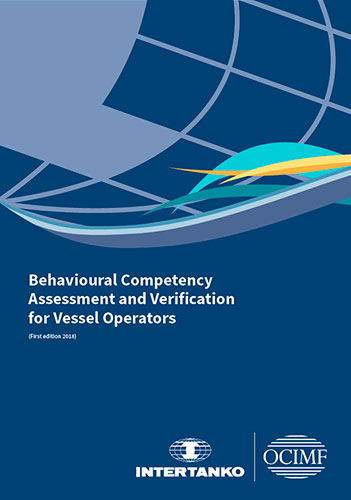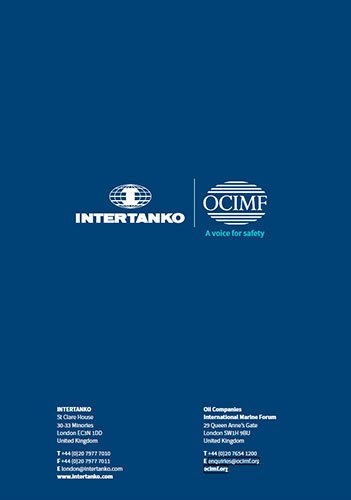Behavioural Competency Assessment and Verification for Vessel Operators/Оценка и проверка компетентности капитанов судов
Книга на английском языке.
The shipping industry continues to face challenges in safely moving environmentally sensitive cargo around the world. Since 1970 the industry has made great strides in reducing the number of incidents, presenting a remarkable safety and environmental record.
Unfortunately, many incidents still occur despite rules and regulations. Analysis of the contributing factors in all shipping sectors shows that the major factor is the human element.
Conducting operations safely and without incidents relies on human competency, which comprises both technical skills (hard skills) and non-technical skills (soft skills).
The industry’s main focus until now has been on developing and assessing technical skills, with the International Convention on Standards of Training, Certification and Watchkeeping for Seafarers (STCW Convention) being the main international convention addressing the competencies of seafarers. Any officer who holds a certificate of competency issued by a proper authority that meets STCW Convention requirements is qualified to serve in that rank. Since 2010, the STCW Convention also refers to soft skill competencies such as leadership and managerial skills, decision making, teamwork and communication.
The tanker industry recognises that more focus should be placed on soft skills. Personnel behaviour and attitude are key elements of a positive safety culture that promote a safe work environment and helps reduce incidents. This document serves as a best practice guide for assessing officers’ soft skills by monitoring their behaviours.
Contents
Glossary
Abbreviations
1 Introduction
2 The importance of behavioural competency in the maritime sector
2.1 Why competencies?
2.2 Defining competencies
3 Competency domains, elements and behavioural indicators
4 Implementation of the competency framework
4.1 Example scenario
4.2 Performance review templates
4.3 Methods for competency-based assessment
4.4 Competency assessment definitions
4.5 Follow up of identified training needs
5 Training assessors
5.1 Overview
5.2 Considerations for assessment
5.3 Behavioural indicators
5.4 IMO model course 1.30 structure
5.5 Outline of the assessment process
6 Implementation challenges
7 Using competencies in promotion or recruitment
7.1 Indicative assessment tools for evaluating technical and behavioural element
Appendix Examples of observation opportunities/scenarios in the four operational areas




